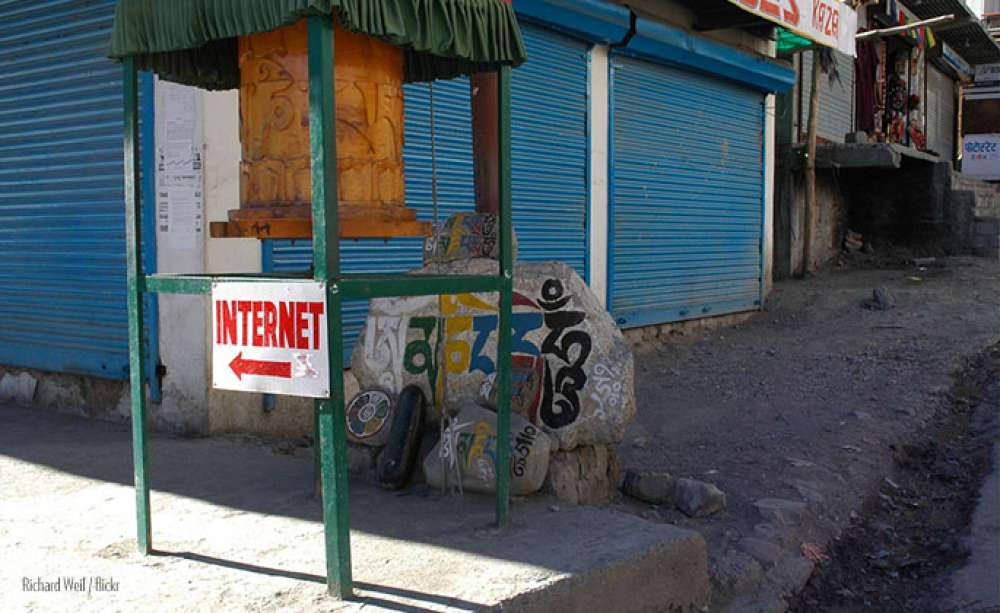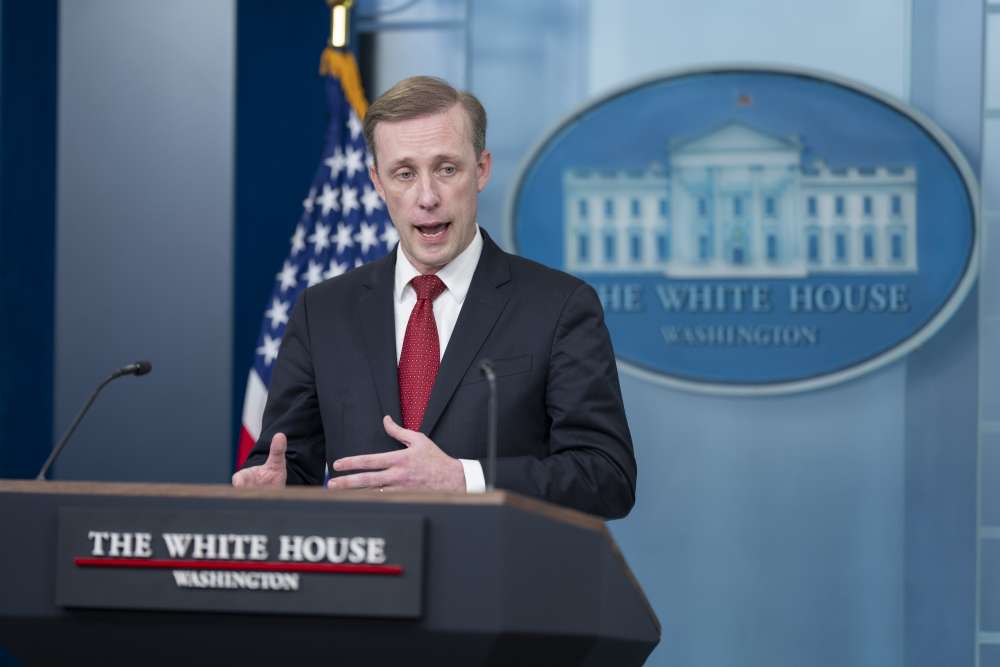India’s Stake in the Debate on Global Internet Governance

The internet governance landscape has changed dramatically in just the last few years, and this development shows no sign of stopping. India, a country boasting steady growth and global ambitions, is critical to the future development of the internet not only within its borders, but also across the continent. And yet, India has largely kept to the sidelines at forums on internet governance, while countries like China, Russia and Brazil have been vocal about how the internet should be run. To safeguard the future of the internet and to ensure that Indian interests are brought to the table, India must participate actively in global discussions and lay a roadmap that aligns with the country’s democratic values.
The Indian digital economy features 300 million internet users and 976 million mobiles users – and the numbers are still growing. These millions of users are deeply impacted by the very issues discussed in global forums on internet governance – for example, the assignment and management of IP addresses as well as the emergence of new top-level domains like .club and .news and of internationalized domain names like .भारत. Particularly as the government pushes its highly ambitious “Digital India” initiative, which aims to turn India into a leading digital country, India must position itself at the center of the internet governance debate.
Now is a critical moment for India to join the global discussion. The Internet Corporation for Assigned Names and Numbers (ICANN), which essentially acts as the internet’s phone book, is actively seeking to globalize. Meanwhile, its subsidiary entity, the Internet Assigned Numbers Authority (IANA), which is responsible for the allocation of critical internet resources, will move on from the United States’ control to the broader internet community within the next couple of years. If India does not step up and contribute to these transitions, the shaping of future policies will be dominated by a small group of more-vocal countries. China and Russia, for example, have expressed extreme opinions – on issues like internet censorship and privacy – that could influence the internet’s future in Asia to the detriment of basic principles on which the internet was founded.
To read the full piece, please visit Global Policy.







